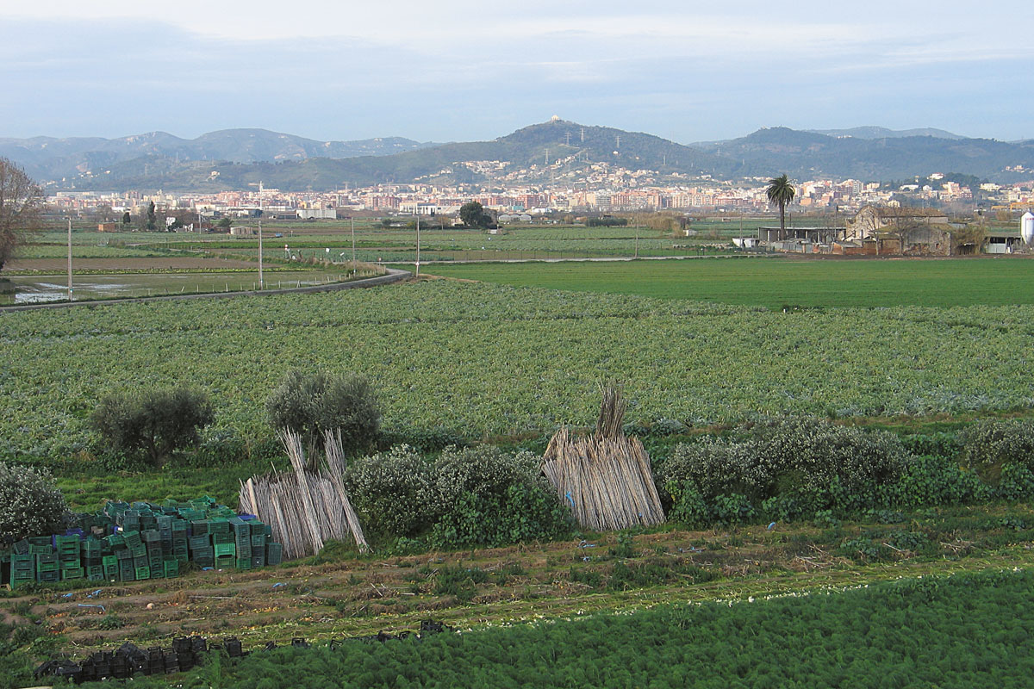Certified organic farming is not enough to overcome some trends of industrial agriculture
New LET article about land use planning and socioecological integrated analysis of metropolitan green infrastructures.
The results of the application of a landscape-metabolism model to the Urban Master Plan of the Barcelona Metropolitan Area, which has evaluated the multiple functions and services of the green infrastructure in four land use scenarios and two types of agricultural management, show that show that certified organic farming is not enough to overcome some trends of industrial agriculture as low energy efficiency or greenhouse gas emissions.
The results also show that the trending scenario of applying the current land use planning would have a negative impact in the ecological functioning of the landscape, affecting biodiversity and the provision of ecosystem services to society. Finally, the results show different interactions between social metabolism and landscape ecology, as changes in the form of metabolism affect the functioning of the landscape, while changes in land cover specially affect resource use.
Land use planning of global metropolis is essential to meet the socioecological challenges of the next decades. This paper aims to contribute to sustainable land use policies by proposing a socioecological integrated analysis of metropolitan green infrastructures. Deeper changes are needed in land use policies that consider not only land covers, as has traditionally been done, but also metabolic flows to promote agroecological transitions towards more sustainable metropolitan green infrastructures under climate change scenarios.
Consult the paper.

